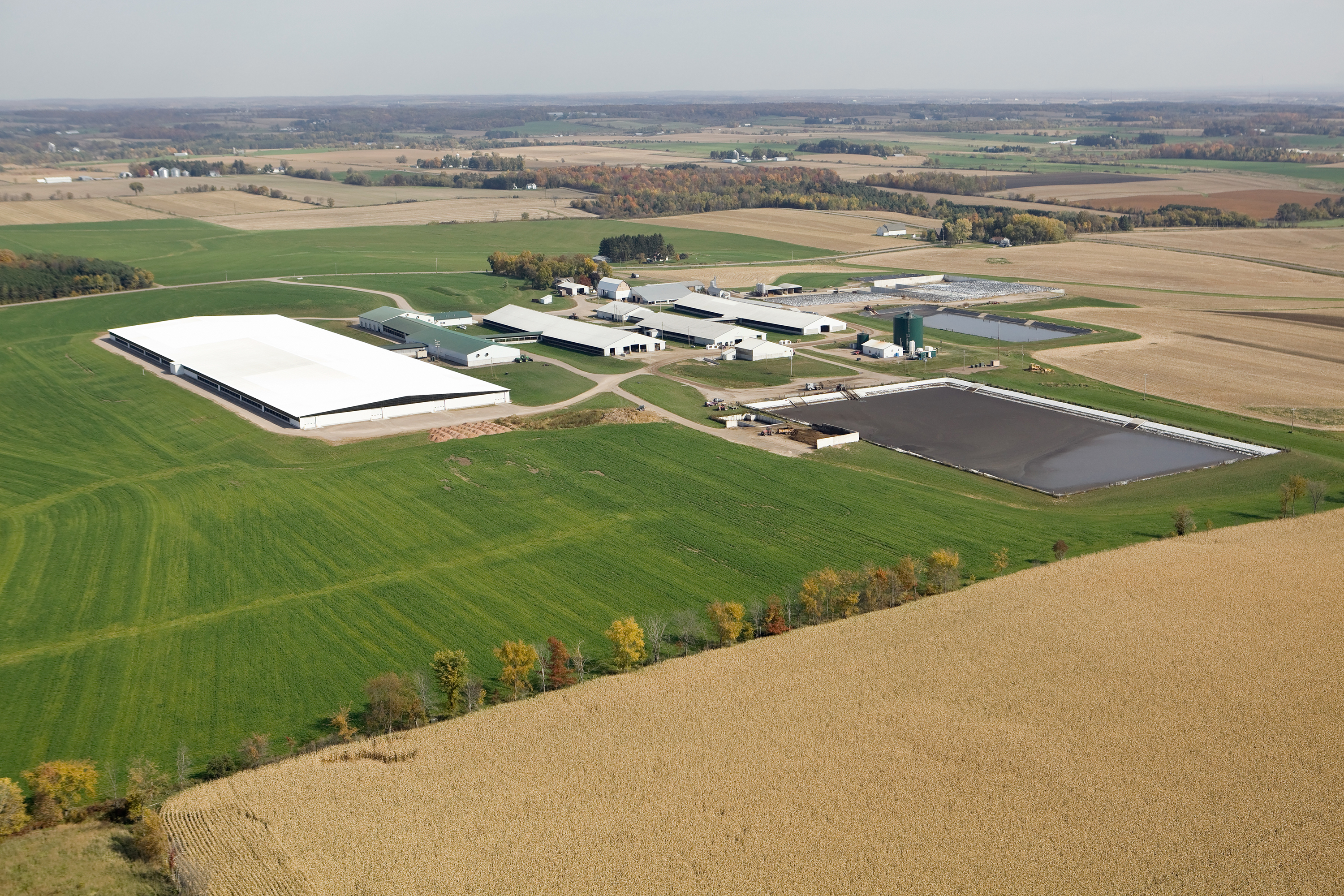Blend one large measure of hard work with equal amount ingenuity, gradually fold in nearly all existing assets alternating with tenacity and sprinkle with luck, then simmer for several decades and enjoy.
Unfortunately, there is no magic recipe that will guarantee the preservation of your family relationships and the perpetuation of the dairy. There are, however, five key ingredients that if not planned for will almost assuredly lead to blackened heartache, tasteless family dynamics and burned chances of the dairy succeeding generationally.
1. Cash flow
Cash flow clarity is key – every dairy owner must have a clear and thorough understanding of the business’s financial basics. Furthermore, it is important to “stress test” the operation to see what types of shocks, specific to input costs or prices, it can withstand. Besides the cash flow of the dairy, the operation needs to consider the monetary needs and resources of the retiring generation. If retiring owners do not have assets accumulated outside of the operation, then their retirement would logically be funded through the successful operation of the enterprise. When founders are dependent on the perpetual success of the dairy for grocery money, it inevitably leads to second-guessing decisions and continued invasive involvement in the operation. Only after careful analysis of standard expenses, economic shock resistance and retirement outflow will a dairy have enough accurate information to reliably decide if it can sustain the livelihood of other family members interested in returning to work for the family dairy.
Questions to consider:
- From a cash flow perspective, can the dairy survive serious production cost increases?
- From a cash flow perspective, how prepared is the retiring generation to create sufficient cash flow for retirement without supplementation from the dairy operation?
- From a cash flow perspective, how ready is the operation to invite another family member back?
2. Contingency plans for management and ownership
Every ag operation needs a documented, communicated and frequently revisited contingency plan for both management and ownership to successfully survive through several generations.
A management contingency plan looks at the people in the operation and identifies the duties and decisions made solely by one person. When single individuals make purchasing, marketing and other decisions entirely by themselves, risk is created and continuity is jeopardized if they become incapacitated, die or simply leave the operation. Therefore, each dairy should identify these risks and train back-up personnel on how to minimize them. Plans should also be considered as owners age and want to slow down.
An ownership contingency plan provides and establishes clarity regarding the flow of assets should any owner pass away, become disabled or retire. Although it sounds like a simple and logical expectation, few have a clearly documented and communicated plan in place. The flow of ownership should not be a surprise and should include conversations about debt assumption and the rights, roles and responsibilities of owners.
Questions to consider:
- If one of the key managers didn’t come to work on Monday, how big is the knowing/doing gap between them and the person who needs to do their job?
- If one of the owners were to pass away tomorrow, how would ownership flow and how would the dairy be impacted?
3. Compensation
Often overlooked but always present is the question of how people are compensated. As a family business invites a member of the rising generation back, it is crucial that there is clarity around their compensation. Compensating each individual fair market value for the job they do is always a best practice. When compensation is blended with gifting or is not tied to the job being performed, there will be confusion and unintended consequences. Paying siblings or cousins the same amount when they do vastly different jobs almost always leads to problematic situations of either entitlement or feelings of unfair treatment.
Questions to consider:
- How aligned is the family member’s compensation in the dairy with the job they perform?
- If a non-family employee was asked to step in and do the same job as a family member, would their compensation go up, down or stay the same?
4. Communication
Successful enterprises create structures and expectations for how shareholders and the families that control the operation communicate; however, this is where many farm operations fall short. It is crucial that a regular pattern of communication be established to keep shareholders informed, provide a venue for questions and establish an environment of transparency and trust. Regular family meetings with structured agendas and a place for people to ask questions without fear of retaliation are key.
Questions to consider:
- What venue is there for family members to become educated about the family operation and to ask questions?
- What conversations should be held to help shape expectations and prepare the rising generation?
5. Conflict
Conflict is not bad, and it’s actually normal. All humans, no matter how close their bloodlines or life experiences, undoubtedly have different perspectives and opinions. Deciding how you will handle conflict when you are not actively in conflict is a best practice. Thinking you will always avoid conflict is a flawed assumption and can be a fatal business strategy. It will leave you lacking the structure and understanding required to move through conflict with your personal relationships intact and your operation moving forward.
Questions to consider:
- What processes exist to help resolve conflict in an organized and fair manner?
- What are the financial and relationship costs of not having a clear process for dealing with conflict in the family operation?
Family dairies that seriously consider their current status and future plans in relation to cash, contingency, compensation, communication and conflict put themselves in a much stronger position to succeed today and for many years to come.







